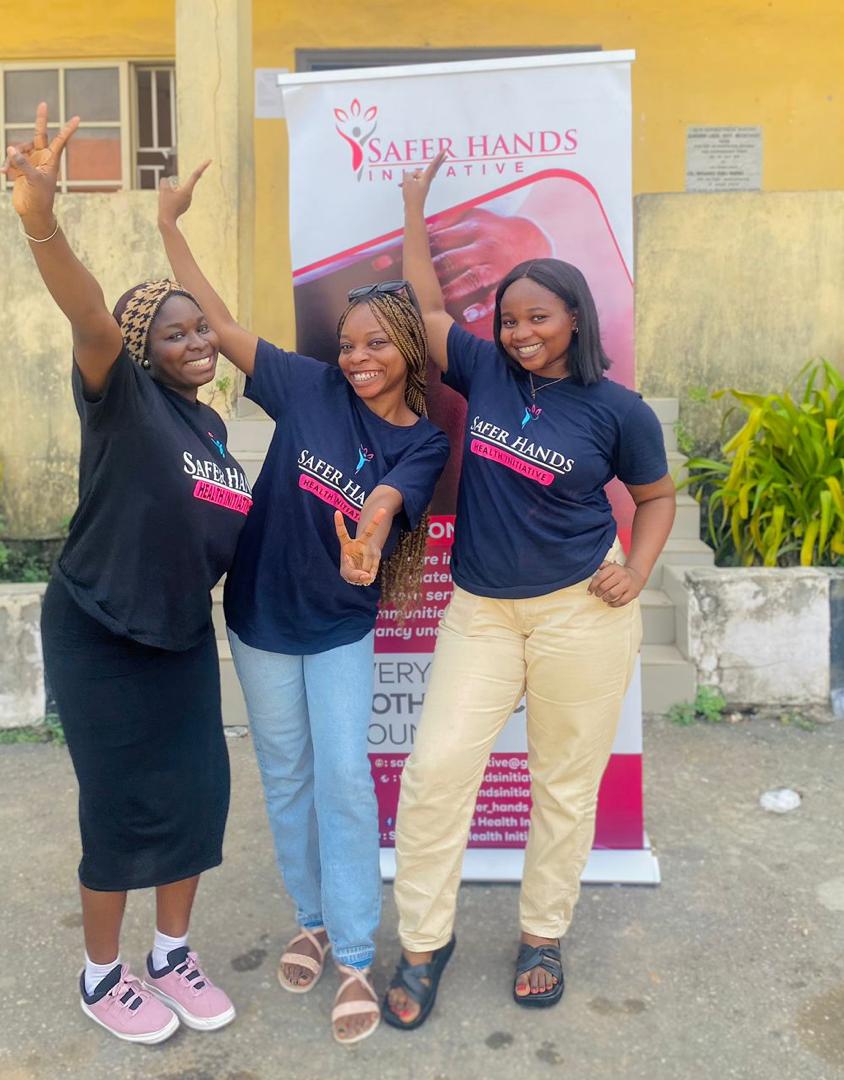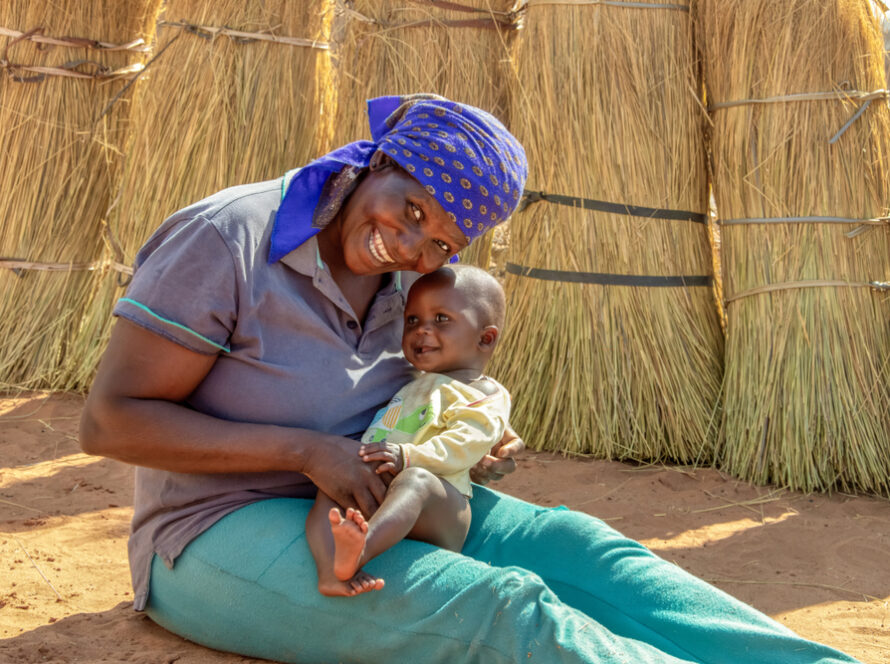Family planning is a sensitive and controversial topic especially among the teenager in across different populations globally, due to sociocultural myths and misconceptions, religious biases, illiteracy, lack of education and information, accessibility, availability, affordability of sexual and reproductive health care services with nonexistence or few nonfunctional Adolescents and youth friendly health centres and government policies implemented.
Family planning are basic rights of every individual to make decision and choices pertaining to child birth and accessing the best of sexual and reproductive health services without stigmatization, discrimination. The acceptance and use of family planning therefore upscale the sexual and reproductive health of teenagers, which allows them to fully contribute to the development of the society and world at large.
For adolescents and youths, family planning is being rebranded as life planning, as it more than just planning the number of children to have but a way of life to explore potentials. In collaboration with the SID initiative and Lagos state LPAY ambassadors a subsidiary of Nigeria Urban and Reproductive Health Initiative (NURHI 2), Lagos state ministry of health, youth and education; we participated in the event organized to educate and train parents and teachers on “Family planning and communication needs among adolescents and youth” via their Parents Teachers Association meetings (PTA). The event held at the Community high school, Surulere, Lagos where we were able to reach out to over eighty parents and teachers on the importance of comprehensive sexuality education and also answer their many questions.
We choose to educate Parents and teachers because they are stakeholder, who most teenagers spend most of their times under and they determine “if”, “when”, “how”, where the teenagers would access these information, care and services.
References:
Asingwire, N., Muhangi, D., Kyomuhendo, D., Leight, J., (2019) Impact evaluation of youth-friendly family planning services in Uganda; 3ie Grantee Final Report New Delhi; International Initiative for Impact Evaluation (3ie) (Accessed: 13 March 2020)
Atchison CJ, Mulhern E, Kapiga S, et al. Evaluating the impact of an intervention to increase uptake of modern contraceptives among adolescent girls (15–19 years) in Nigeria, Ethiopia and Tanzania: the Adolescents 360 quasi-experimental study protocol. BMJ Available at 2018;8:e021834. doi:10.1136/ bmjopen-2018-021834(Accessed: 13 March 2020)
Ngo Um Meka, E., Essiben, F., Dohbit, S. J., Guemcheck, N., Foumane, P., and Mboudou, E., (2018) Predictive Factors Related to Teenage Pregnancy. Gynecology & Reproductive Health (Accessed: 13 March 2020)
Agoyi M. O.
Programs Manager,
Safer Hands Health Initiative,



